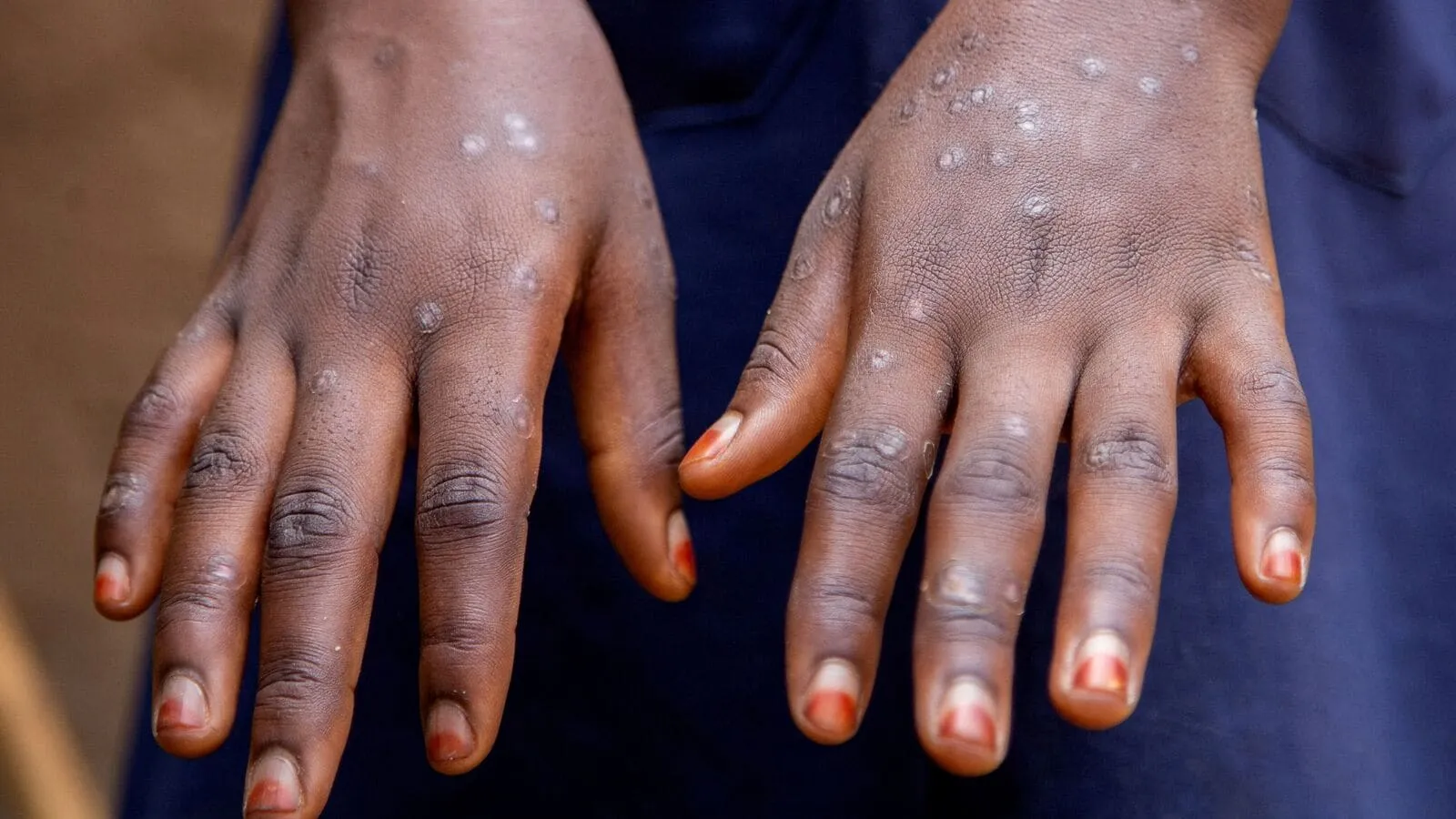Taking Action Against Mpox: Preventive Measures for Clade 1b

Urgent Response to Mpox Outbreak
With India becoming the third non-African country to report a case of clade 1b Mpox, Union health secretary Apurva Chandra has directed state governments to implement preventive measures to mitigate the risk of a Mpox outbreak in the country.
Awareness and Reporting
- States are advised to spread awareness about the disease and its transmission.
- The importance of timely reporting and preventive measures cannot be overstated.
- Preventing public panic is a priority.
Chandra emphasized that samples from skin lesions of any suspicious Mpox patient must be promptly sent to designated laboratories. Positive samples should be forwarded to ICMR-NIV for genome sequencing to determine the clade.
Current Situation
India recently reported a clade 1b strain in a 38-year-old male from Kerala, who had returned from the UAE and is currently stable. Earlier this month, a 26-year-old man from Haryana was the first Indian case related to the previous outbreak from African nations.
Public Health Preparedness
The health secretary recommended states to assess their public health readiness, identify isolation facilities, and train healthcare personnel.
WHO Announcement
The World Health Organization labeled the current Mpox outbreak, previously known as Monkeypox, as a public health emergency of international concern (PHEIC). This declaration, concerning Mpox virus clade 1, marks the second PHEIC under the International Health Regulations.
Clinical Implications
The clinical presentation of Mpox clade 1 in adults mirrors that of clade 2; however, clade 1 infections may carry a higher risk of complications. Cases have been documented in Sweden and Thailand as well.
Disclaimer: The information provided on this site is for informational purposes only and is not intended as medical advice. We are not responsible for any actions taken based on the content of this site. Always consult a qualified healthcare provider for medical advice, diagnosis, and treatment. We source our news from reputable sources and provide links to the original articles. We do not endorse or assume responsibility for the accuracy of the information contained in external sources.
This article was prepared using information from open sources in accordance with the principles of Ethical Policy. The editorial team is not responsible for absolute accuracy, as it relies on data from the sources referenced.